As Russian bombs began raining down on her native Ukraine, Irina Zubova was in Dubai competing at the 2022 World Archery Para Championships.

The four-time Paralympian’s first thoughts were for her 16-year-old son, Evgeny, who is also disabled and was home alone in Snyatyn, their small hometown in western Ukraine.
After calling and ordering him to escape, she wasn’t able to reach him for three days. When an airport 40 kilometres away from Snyatyn was bombed, Zubova still had no idea of his whereabouts.
Evgeny, who has muscular dystrophy, was making the 240-kilometre journey alone by bus to Lviv, where he waited seven hours for a train that never left the station. He finally boarded another one bound for Poland.
Evgeny has to walk on tip-toes due to his disability. He recalls the overwhelming crowds at the train station in Lviv being the most difficult part of the journey.
“I was just praying and crying and hoping that everything was going to be fine,” Zubova says, through a translator. “I tried to contact my friends and other messengers to ask if somebody can help him out, but nobody could, and he just managed this on his own.”
The Zubovas are two of a group of 16 refugees, several with disabilities, who fled Ukraine and made the 10-hour journey to Riga, Latvia, where they are now staying in small rooms at the Latvian Samaritan Association.
There are an estimated 2.7 million people in Ukraine with disabilities, according to Tetiana Barantsova, governmental advisor for people with disabilities in Ukraine.
Barantsova organized the group’s evacuation to Latvia. She is now co-ordinating efforts to help other disabled Ukrainian citizens out of the country.
Many of them remain trapped, she says, stuck in their homes without food and water, as they are often unable to access bomb shelters due to accessibility problems.
“For people with disabilities, it’s very difficult. It’s complicated because you need to have special medicines, you need to have physical readiness,” Barantsova says.
A 'painful' 1,000-kilometre journey
On a dreary Monday morning, inside a stark white dining room at the Latvian Samaritan Association, Zubova is a beacon of light.
Large photos of traditional Latvian dancers line the wall behind her. The dining table is full of half-eaten cake and empty mugs — left over from a meeting with Latvian First Lady Andra Levite, who had just been to visit after hearing of the group’s incredible journey.
Dressed from head to toe in blue, wearing her Paralympian training shirt, Zubova proudly shows off her bow – also blue – which is now her permanent companion, given that she’d arrived in Poland to meet Evgeny straight from the championships in Dubai.
Unwilling to leave her beloved bow behind, Zubova dissolves into fits of laughter as she recalls trying to fit it into the van along with the large group of other refugees, picking up her legs from her wheelchair and aiming them at the ceiling, to reenact her uncomfortable 10-hour trip.
Her “puppet legs,” as she calls them, were helpful for once, as she sat behind her bow, her legs perpendicular to the floor.
“It was painful, but I wouldn’t give up my bow,” she says.
Another piece of her equipment, however, did fall victim to the frantic journey: her wheelchair broke in the van. She was gifted a new one in Latvia. Naturally, it is also blue.

Get breaking National news
Despite her laughter, Zubova is clearly affected by the events of the past week. She speaks through tears as she describes her fear at not being able to get ahold of Evgeny as he was fleeing the country.

Evgeny, clad in a white top with “Paralympics” emblazoned across the back, interjects, saying he was fine and that he “didn’t panic.”
Evgeny’s muscular dystrophy is worsening. He was due to have an operation in March that would help him, Zubova explains. That can no longer happen because of the war.
Zubova’s 26-year-old sister is stuck in Kherson, which has been captured by Russia. She says, aside from Evgeny, her sister is the only family she has since their mother died last year.
“When I try to contact my sister to ask her to get out, she says ‘What do you want me to do? Get shot? It’s not possible to get out.’ And that’s really scary,” she says.
Zubova’s husband died in 2014 from a heart attack. He was a target shooter, Zubova explains, a hobby that Evgeny has since taken up. Naturally, he’s desperate to take his love for the sport to the Paralympics, just like his mother.
They don’t know how long they will be in Riga, but Zubova says her bow will help to keep her busy. She plans to keep training here.
As she turns to leave, the words “Zubova” and “Ukraine” are emblazoned across the back of her shirt in yellow letters.
In the hallway, she’s approached by another man in a wheelchair, Latvian Paralympic archer Gints Jonasts, who hands her a bunch of pink flowers.
Disabled people most vulnerable during war
Gunta Anca, secretary-general of the European Disability Forum and a Latvian disability rights campaigner, was instrumental in helping the group of 16 refugees escape Ukraine.
Anca contacted Ukrainian governmental disability advisor Barantsova, a friend, after the war began to ask how she was coping. Barantsova replied in a voice note, sirens blaring behind her, saying that she was scared and was heading to a bomb shelter.
Anca suggested she come to Latvia. Barantsova agreed, coralling other vulnerable Ukrainians on the way, including a mother with a three-week-old baby, who jumped in the van straight from the bomb shelter with only the clothes on her back and no supplies for her young child.
Some of the young boys on the trip had disabilities, Anca says, which made the multi-day trip across the country difficult. Even more so for the Barantsova and Zubova who are wheel-chair bound and could not easily leave the car.
Anca and Barantsova are now attempting to co-ordinate safe places for vulnerable Ukrainian refugees to stay in other countries as well as working on a long-term plan with the international community to help people with disabilities in emergencies — for instance, setting up accessible shelters. But for now, the international community has been very helpful, she says.
“I think it’s the first time in my life when you would just have to ask and you’ll get help,” Anca says. Barantsova says she wants to produce an “official document that will protect the rights of people disabilities, according to the Convention of Rights for People with Disabilities” for future emergency planning.

Barantsova has been in a wheelchair since she was 10 and fell and broke her spine while doing gymnastics at school. She runs a Luhansk non-government organization that helps displaced people with disabilities affected by the Donbas conflict with shelter, food, financial and psychological support.
She says Ukrainian President Volodymyr Zelenskyy had been working hard to improve accessibility for disabled people ”but now all that has been bombed.”
'She's not going to help anyone when she's dead'
The rooms in the Latvian Samaritan Association are small and sparse, but refugees have made them their own. A small single cot with a red blanket and a wooden armchair are the only pieces of furniture in Lisa Pidhaietska’s room. Opposite it is a shelf with a few belongings — a small stationery bag, a tube of moisturiser and some books, a paper Ukrainian flag wedged in behind.
Pidhaietska arrived at the association after fleeing Kyiv on February 26. Her best friend Olga Lefkovska, who left Ukraine days before the war, asked Pidhaietska to join her.
Lefkovska’s parents put her on a plane when they sensed war would break out.
“I didn’t want to go because I wanted to stay with them if something happens,” Lefkovska says. “But they just didn’t ask me, they just bought the tickets and sent me out.”
After a 10-kilometre journey on foot past the line of cars queuing to get into Poland, Pidhaietska hitched a ride with one of thousands of Latvian volunteers who were making the 1000-kilometre trip between Latvia and the Polish border.
Pidhaietska is months away from graduating with her degree in medicine and was working as a nurse in a medical centre when war broke out. She stayed to finish her shift before her brother and husband drove her to the Polish border, only for them to turn around to return and help the war effort.
Pidhaietska’s husband is a medic. Her brother is volunteering for the territorial forces, but not in active combat.
Pidhaietska and Lefkovska had both been volunteering with NGO the Samaritans of Kyiv. Pidhaietska with disabled children. She says, through tears, that she doesn’t know what has become of them.
Lefkovska says they both feel “helpless” in Latvia and plan to return to Ukraine to volunteer as soon as they are able.
When asked if she is afraid to return, Pidhaietska doesn’t skip a beat. “No,” she says plainly.
“We want to help all the people and it hurts so bad to see all of the cities that we went to being destroyed,” Lefkovska says.

The pair have just one plea for the international community to help Ukraine at this stage of its war: “Please, close the sky.”
NATO has, however, rejected the call to establish a no-fly zone over Ukraine, warning the move could escalate the conflict.
In the meantime, they are trying to stay positive — buoyed by the Ukrainian resistance and their friends and family’s positivity under adversity.
“They’re making memes in the bunkers,” Lefkovska laughs. “And watching the army is incredible. They’re not scared of anything.”
Their response when asked what message they’d like to get across to the international community is simple.
“Putin sucks,” Pidhaietska says.

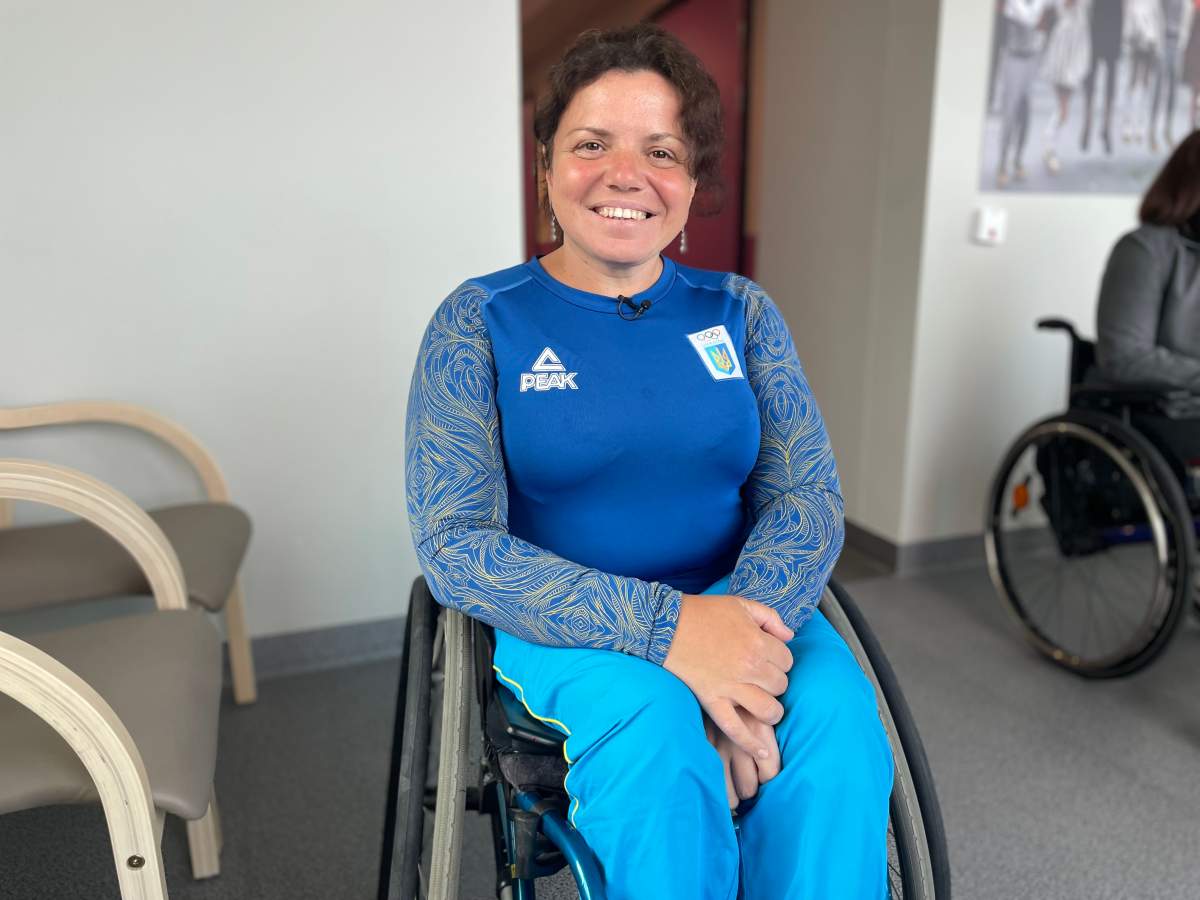
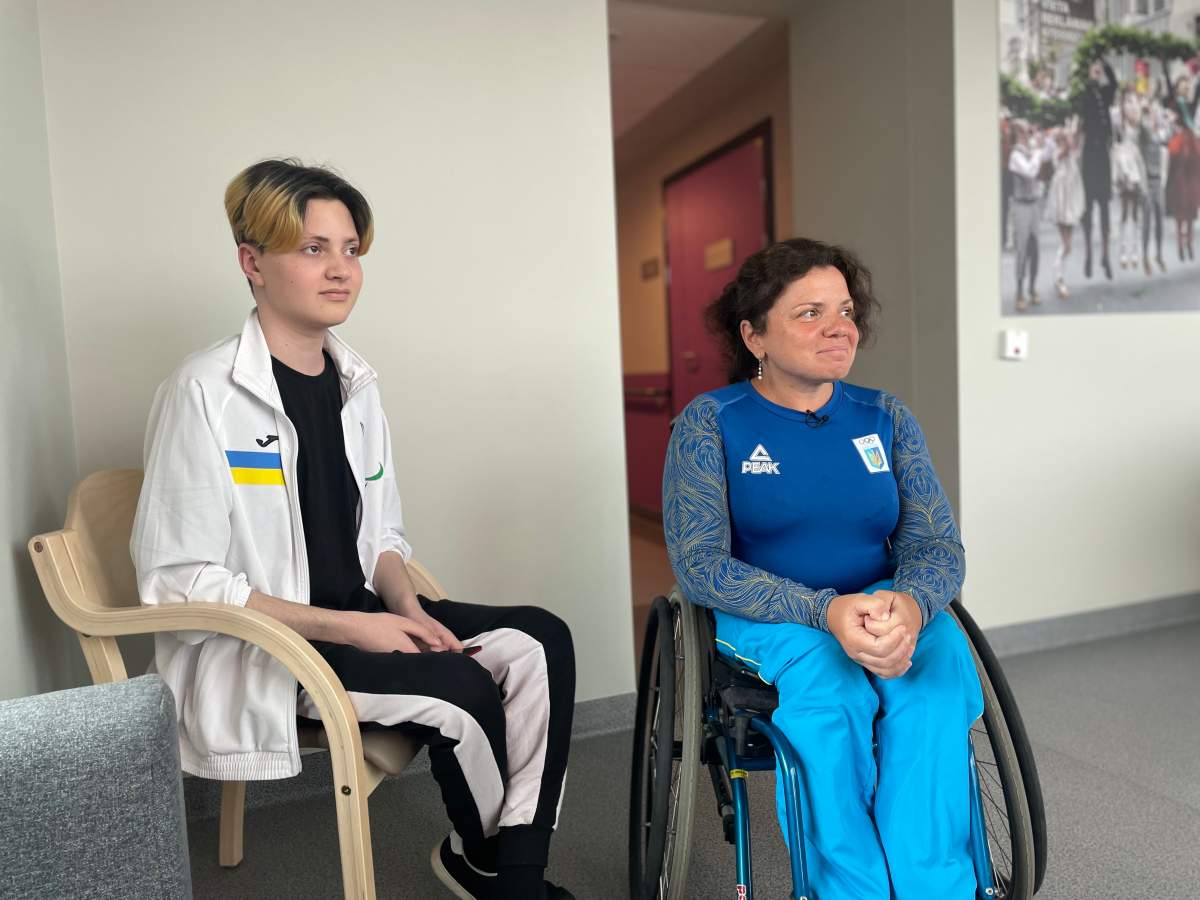
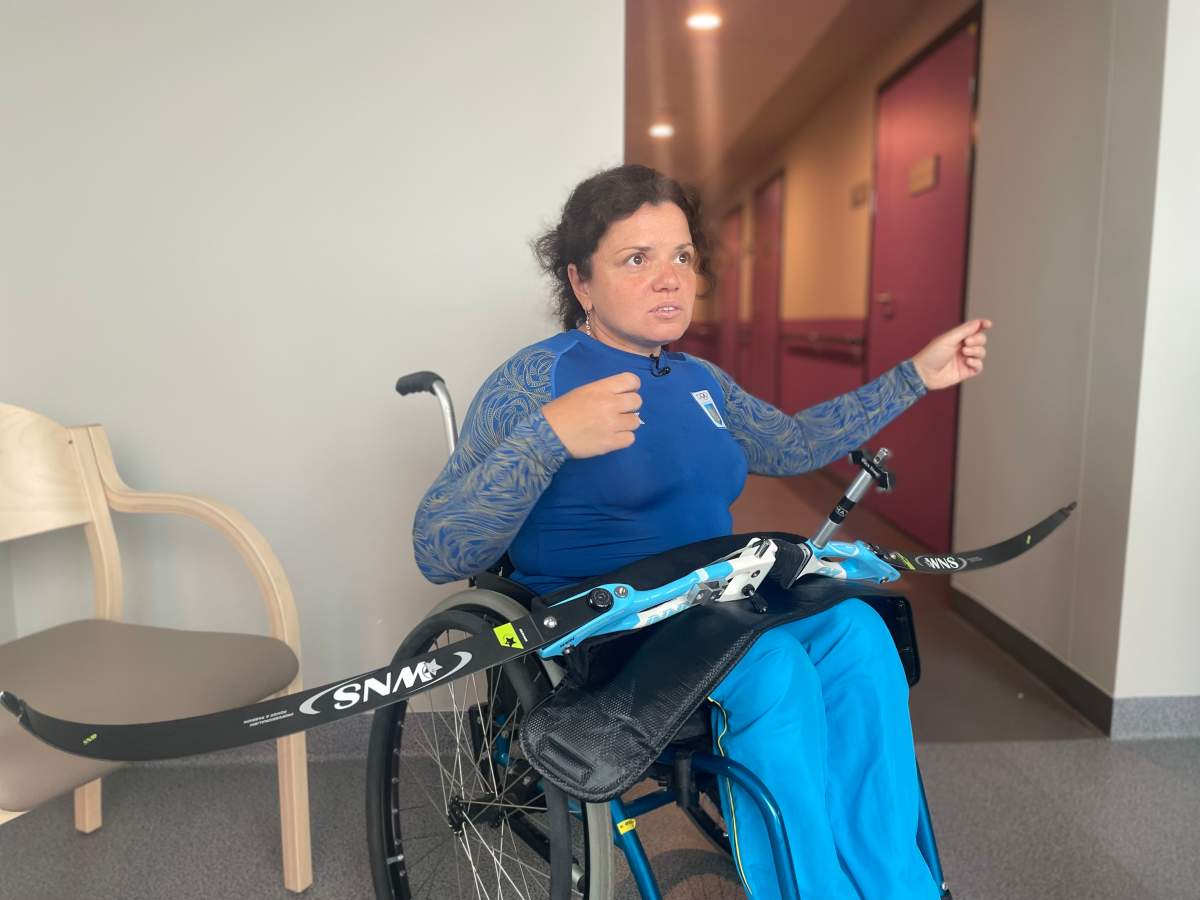
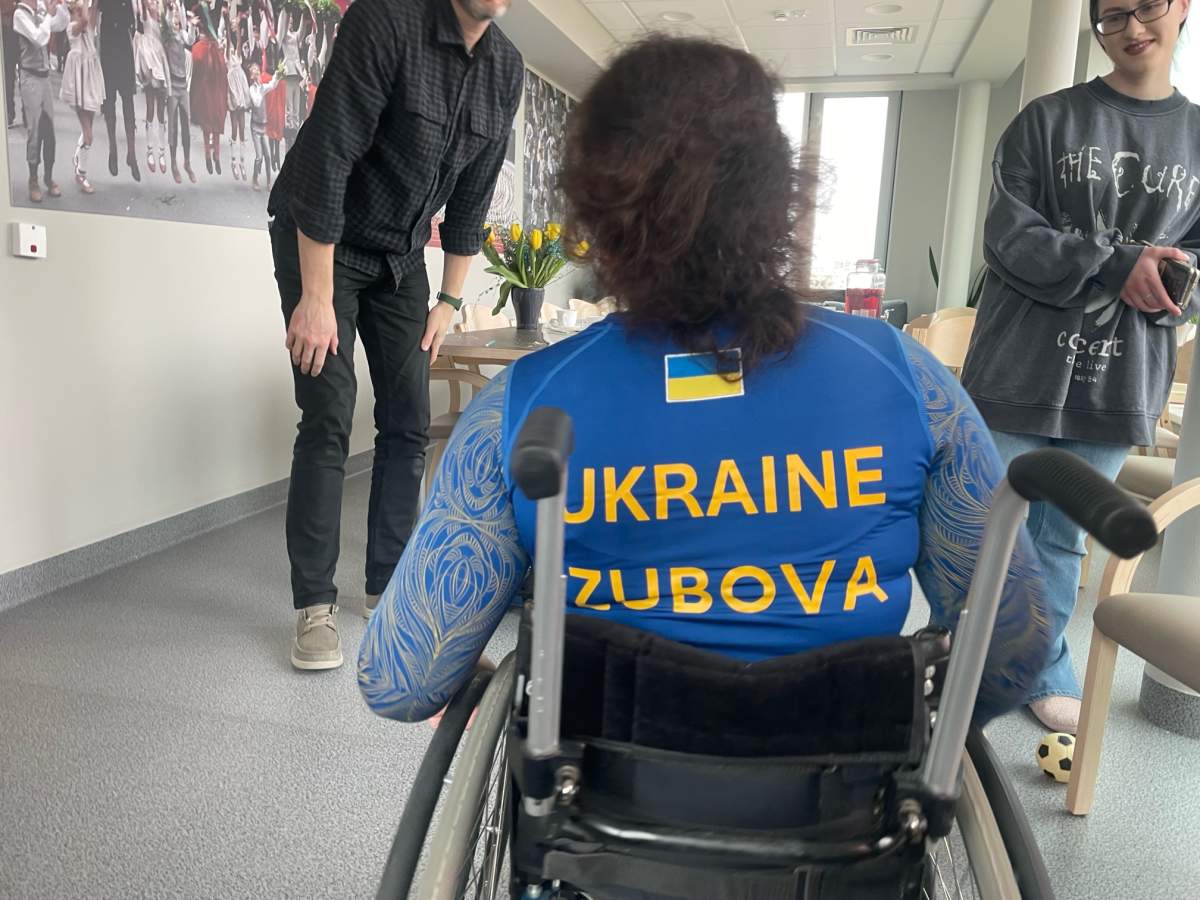
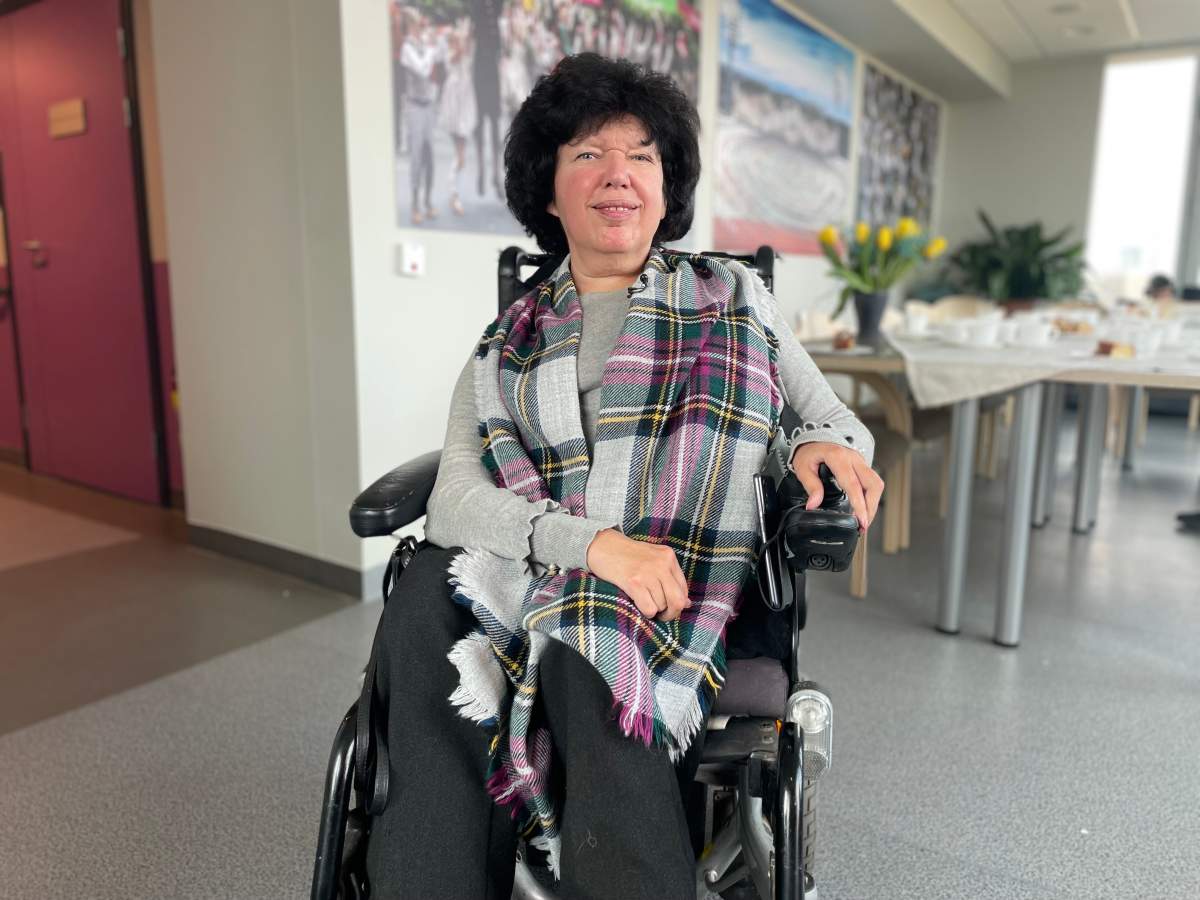


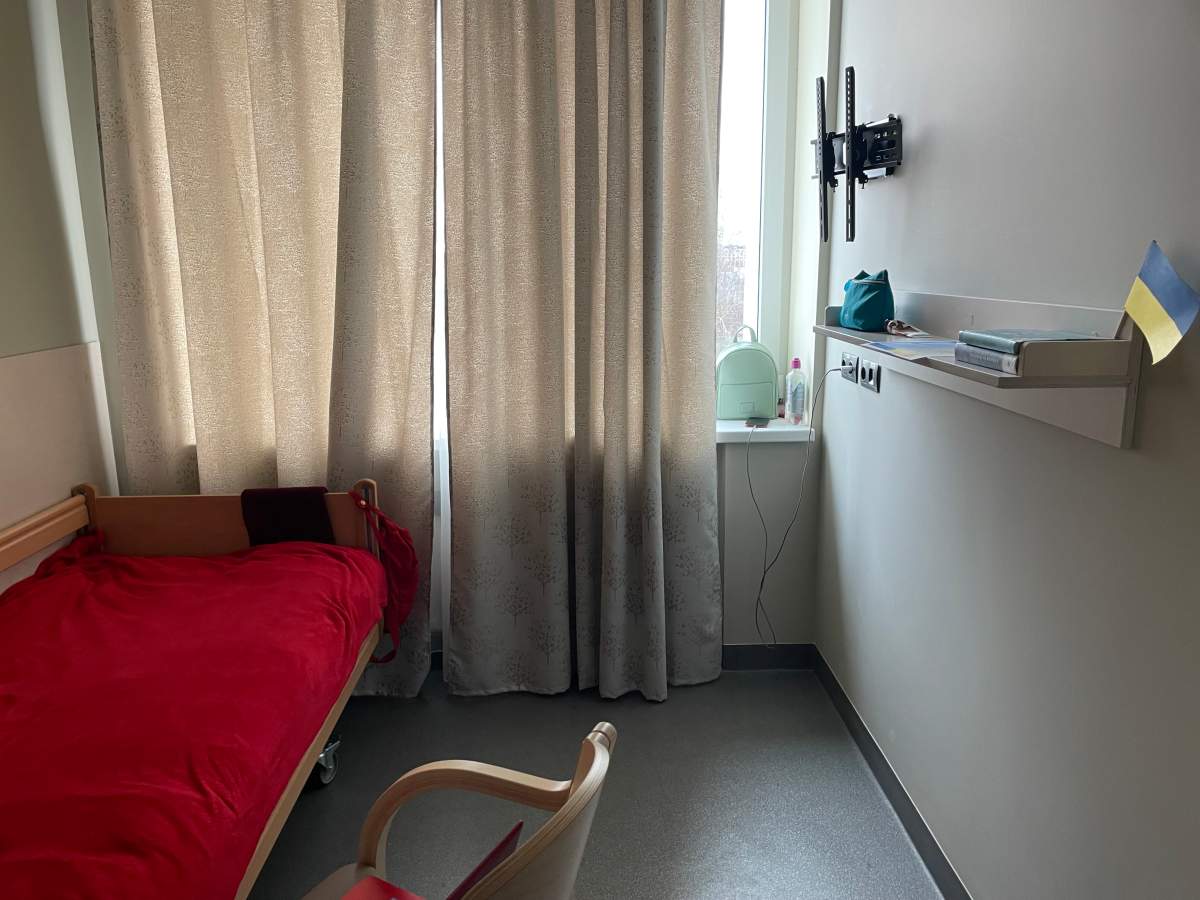
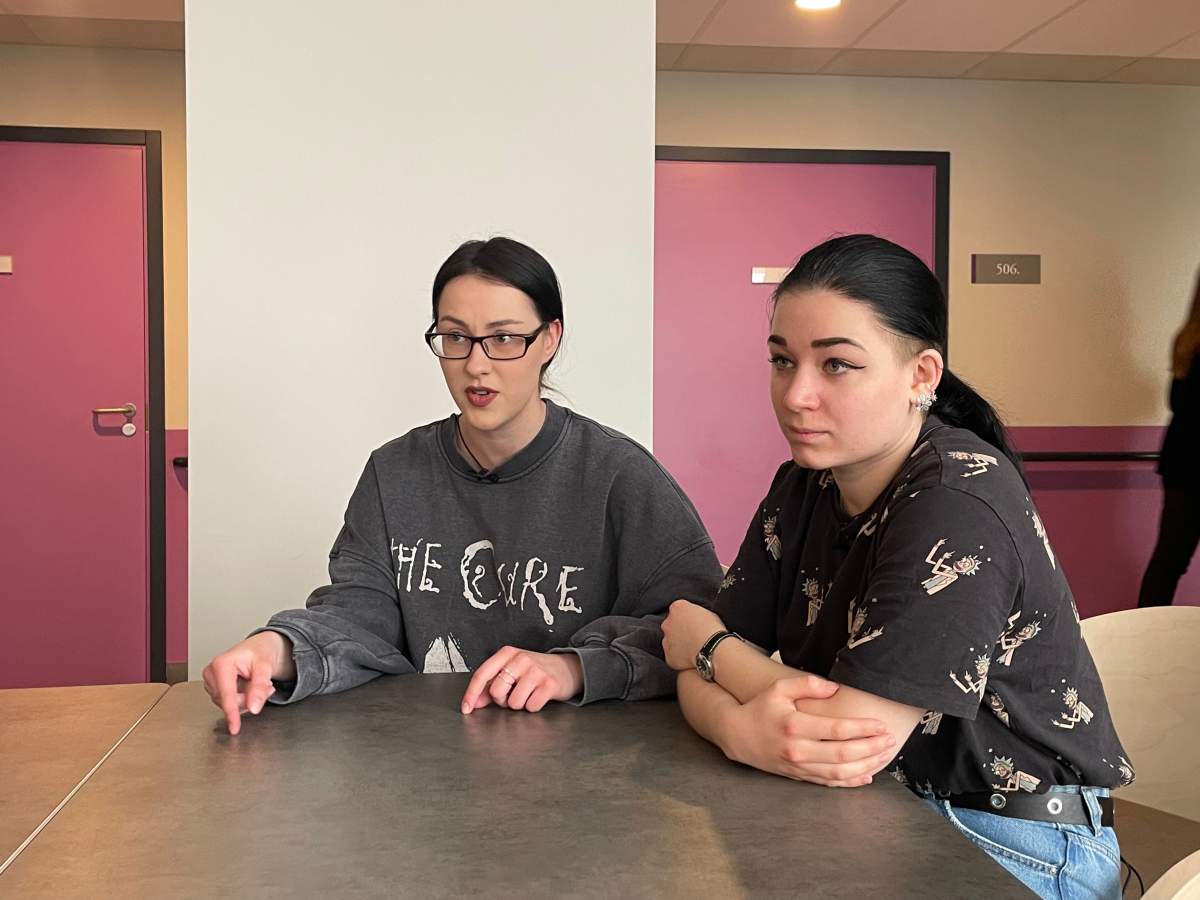




Comments
Want to discuss? Please read our Commenting Policy first.